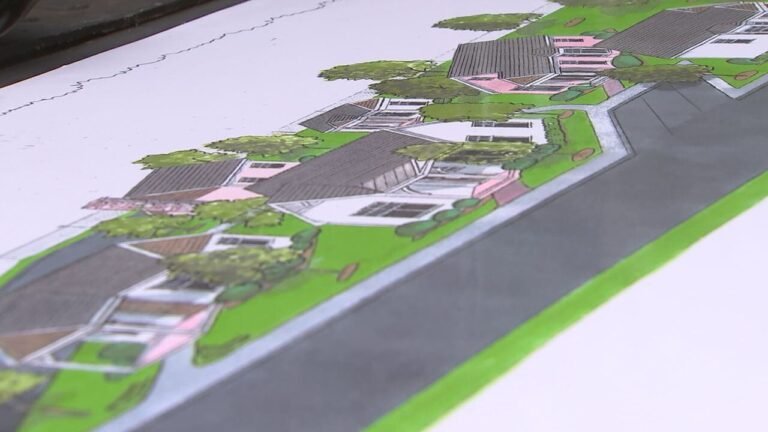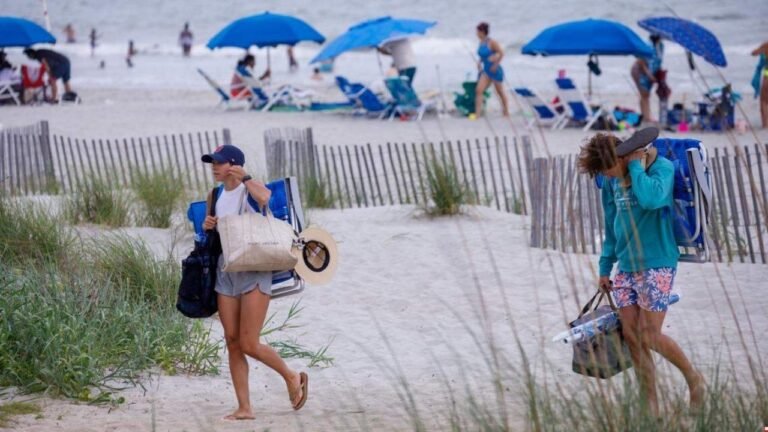North Carolina Democratic Party Faces Backlash Over Arab and Muslim Caucuses Amid Questions on Jewish Representation
NORTH CAROLINA — A recent orientation event hosted by the North Carolina Democratic Party (NCDP) for its Arab and Muslim Caucuses has ignited a firestorm of political debate and backlash online, with critics accusing the party of selective representation and religious bias.
The orientation session, held on June 11, 2025, was promoted as a Zoom training session to empower Arab and Muslim community members to understand the “inner workings” of the NCDP and develop political strategies “for shifting power from within.” The event featured speakers including elected officials and NCDP leadership.
Criticism Over Absence of Jewish Representation
A major point of contention quickly emerged on social media, where critics questioned why the party permits Arab and Muslim caucuses — but allegedly does not allow a Jewish caucus.
“Wait, the NC Democratic Party has an Arab AND a Muslim caucus… but doesn’t allow a Jewish caucus??” one widely circulated post asked. “What are the odds they’re grooming candidates to enact Sharia Law in North Carolina?”
The tweet, while inflammatory in tone, reflects a broader concern among some voters who view the party’s selective caucus structure as politically exclusionary or ideologically biased.
Caucus Structure Under Scrutiny
The North Carolina Democratic Party has established a number of caucuses based on race, ethnicity, gender identity, and religious affiliations, including the Black Caucus, LGBTQ+ Caucus, and Women’s Caucus. However, there is currently no publicly recognized Jewish Caucus within the party, sparking criticism about inclusivity and equal representation of religious communities.
As of publication, the NCDP has not released a statement clarifying why certain religious groups have caucus recognition while others do not.
Concerns About Religious and Political Influence
Opponents of the orientation event have raised alarmist rhetoric around fears of political “grooming” and the imposition of Sharia law — claims that civil rights advocates have described as Islamophobic and harmful.
Political analyst Dr. Howard Jensen of the University of North Carolina said such reactions, while not unexpected, “risk escalating tensions and perpetuating stereotypes about Muslim and Arab Americans seeking fair political participation.”
Supporters Defend the Caucuses
Defenders of the Arab and Muslim caucuses argue that these groups have faced historical underrepresentation and discrimination in the political sphere and deserve formal platforms to advocate for their communities.
“These caucuses are about civic engagement and empowering people to participate in the democratic process,” said one party member who asked to remain anonymous. “There’s no secret agenda.”
Some NCDP officials have encouraged critics to formally propose new caucuses through the party’s bylaws process — noting that the formation of new groups often requires demonstrated interest and active leadership from the respective communities.
Debate Reflects Broader National Trends
The North Carolina controversy mirrors debates in other states and national parties about religious caucuses, identity politics, and fair representation in modern political structures.
While Democrats often highlight diversity as a strength, the lack of consistent frameworks for recognizing identity-based groups has left room for accusations of hypocrisy and uneven inclusion.
What do you think about how political parties manage caucus representation?
Let us know your thoughts at SaludaStandard-Sentinel.com and share how your community navigates these debates.







